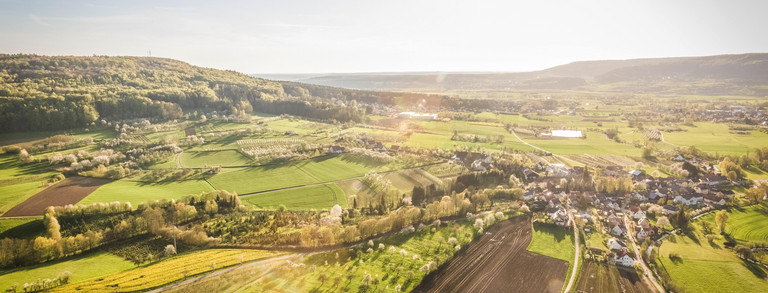Spatial perspectives of integrated development
“The role of space as a mechanism of integration appears to be unique; although one might imagine integrating information based on time, it makes much more sense to integrate data about a historic period specifically for some geographic location, than for all locations.” (Goodchild & Janelle 2004, 11)
The added value of an explicitly spatial perspective on our way of life, which is not limited to places as cartographic descriptions of location, becomes clear in many respects. On the one hand, spatially anchored analyses are able to integrate disciplinary ways of knowing, since links to other data in the same space can already be made by locating the data. In terms of planning related research, such an integrated approach is elemental to rethinking the future development of a complex system such as a neighborhood, city, or region. Thus, not only disciplinary issues influence our future way of living, but rather the complex development of our cities and regions as results in their systemic interrelations in space. On the other hand, spatial analyses and assessments serve as a link from research-relevant knowledge to policies. As normative target knowledge such as objectives, master plans or development programs, scientific findings are translated into spatially boundtarget knowledge.
Our work is dedicated to spatial questions and spatially relevant perspectives in science and practice. In our understanding, a spatial perspective involves addressing the constant changes in society and its economic activities, as well as the accompanying changes in the natural and built environment, and guiding spatial developments based on societal norms. Forecasting future spatial demands as a basis for long-term planning is thus becoming more complex. At the same time, there is a growing need among the citizens and the economy to actively shape spatial developments - be it in the design of public green spaces or the implementation of the mobility transformations. With theoretical reflections and practical research approaches in our research projects, we address key questions from a planning perspective: How does planning deal with this complexity, or rather how does this change planning itself? What possibilities are there to find democratic majorities in this complex situation, and to help shape future development? A changed understanding of democracy not only changes the environment and the context of planning, but also the planning itself.

